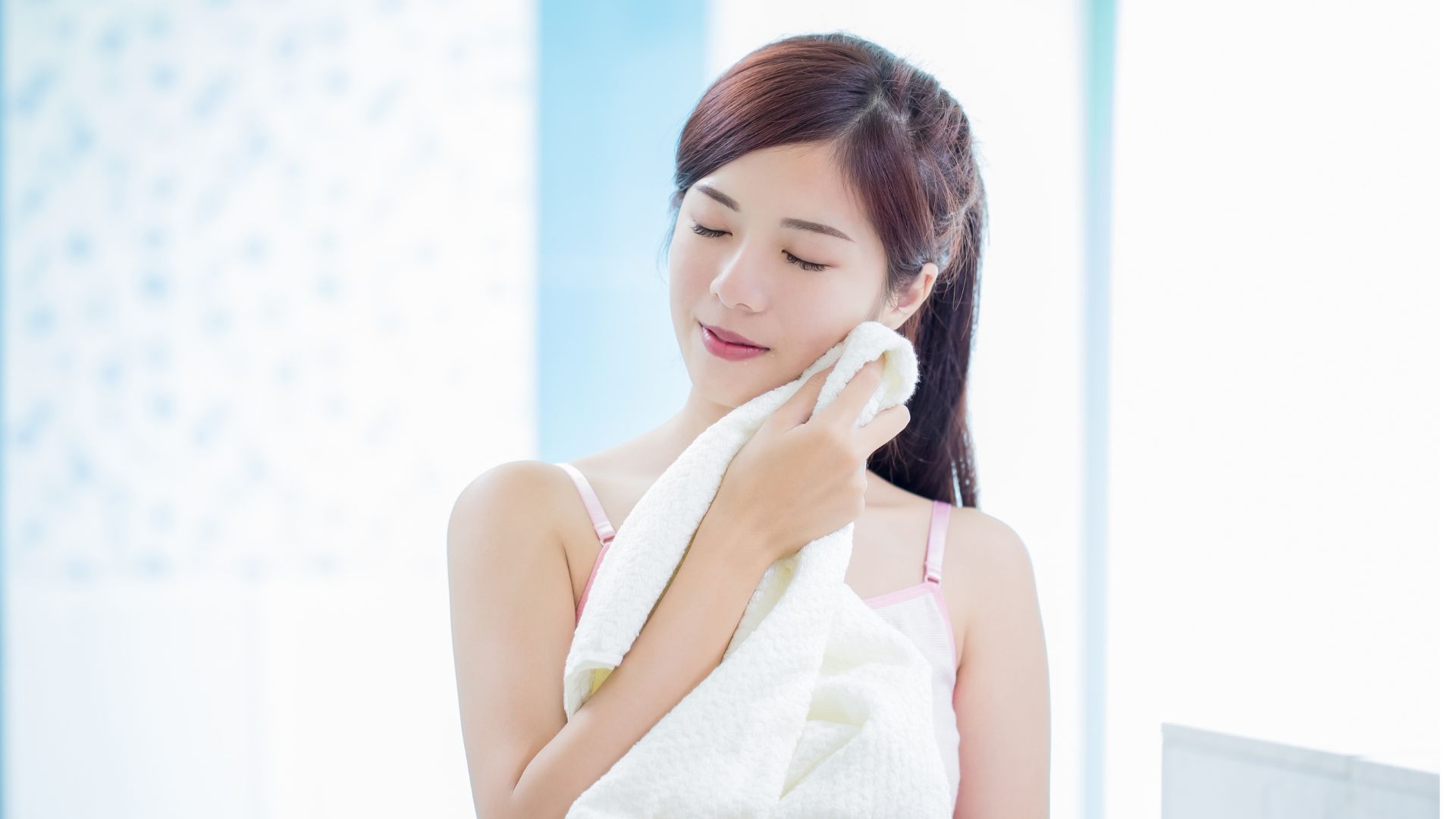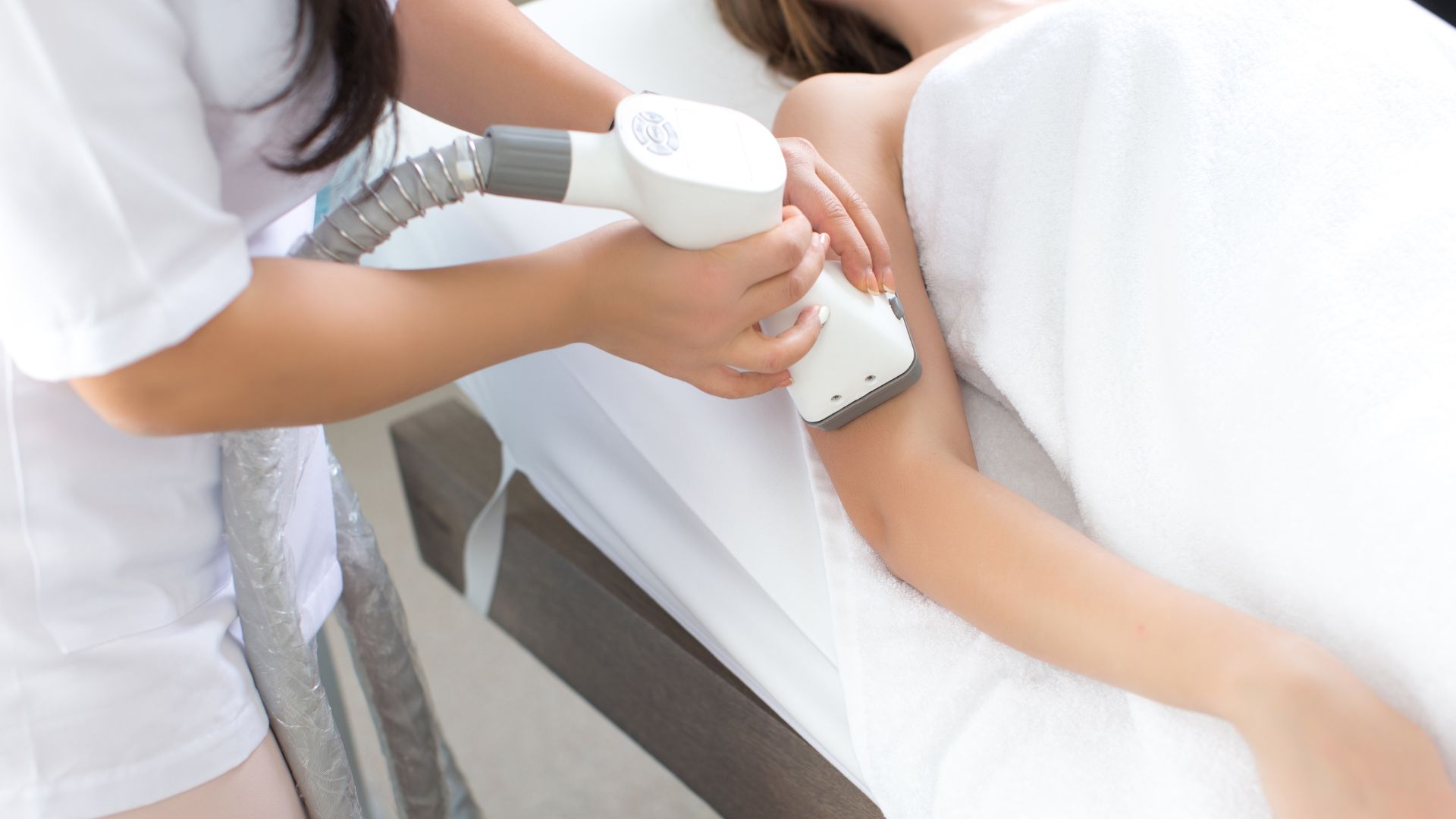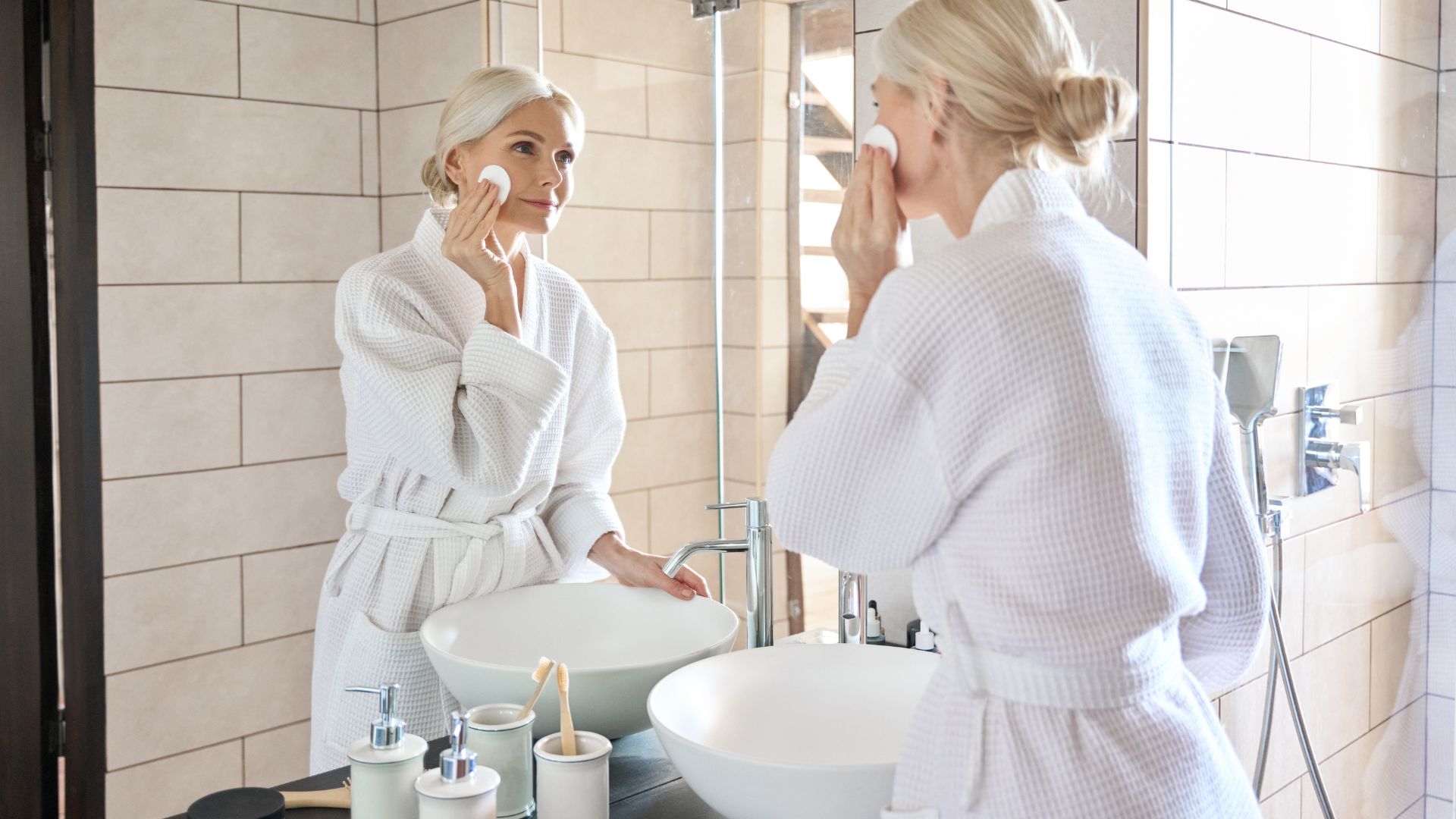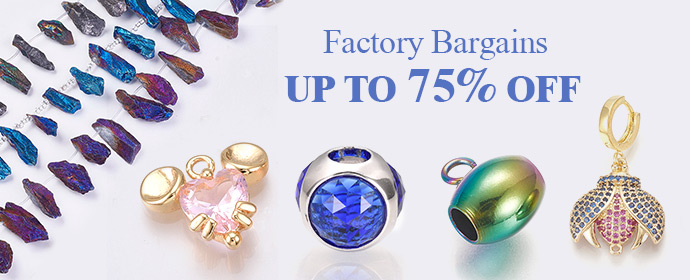Acne is a common skin condition that affects many people, particularly during adolescence. It can cause blackheads, whiteheads, pimples, and cysts on the face, neck, chest, and back. While acne is not a serious health threat, it can be emotionally distressing and lead to scarring.
If you are suffering from facial acne, you may be wondering what the best treatments are to reduce breakouts and improve the appearance of your skin. In this blog post, we will explore some of the most effective treatments for facial acne.

1. Treatments For Facial Acne: Topical Retinoids
Topical retinoids are a type of medication that is applied directly to the skin. They are derived from vitamin A and work by unclogging pores, reducing inflammation, and preventing the formation of new acne lesions. Topical retinoids are available over-the-counter or by prescription. Some common brands include Retin-A, Differin, and Tazorac.
Topical retinoids are most effective when used in conjunction with other acne treatments, such as benzoyl peroxide or antibiotics. They may cause dryness, peeling, and redness when first used, but these side effects usually improve with continued use. It is important to use a moisturizer and protect your skin from the sun while using topical retinoids.

2. Treatments For Facial Acne: Benzoyl Peroxide
Benzoyl peroxide is a powerful antimicrobial agent that is effective at killing the bacteria that cause acne. It is available over-the-counter in a variety of strengths and formulations, including gels, creams, and lotions. Benzoyl peroxide is most effective when used in combination with other acne treatments, such as topical retinoids or antibiotics.
Benzoyl peroxide can be drying and irritating to the skin, so it is important to start with a lower-strength product and gradually increase the concentration as tolerated. It is also important to use a moisturizer and protect your skin from the sun while using benzoyl peroxide.
3. Treatments For Acne: Antibiotics
Antibiotics are medications that kill or inhibit the growth of bacteria. They are often used to treat acne that is resistant to other treatments or that is accompanied by inflammation. Antibiotics can be taken orally or applied topically in the form of a gel or lotion.
Common oral antibiotics for acne include tetracycline, doxycycline, and minocycline. These medications are usually taken for at least six to eight weeks, and may need to be continued for several months to achieve the desired results.
Topical antibiotics, such as erythromycin and clindamycin, are less effective than oral antibiotics but may be used in combination with other acne treatments. It is important to use these medications as directed and to complete the full course of treatment to prevent the development of antibiotic resistance.

4. Treatments For Facial Acne: Salicylic Acid
Salicylic acid is a beta-hydroxy acid that is derived from willow bark. It is an effective exfoliant that helps to unclog pores and reduce inflammation. Salicylic acid is available over the counter in a variety of concentrations and formulations, including cleansers, toners, masks, and spot treatments.
Salicylic acid can be drying and irritating to the skin, so it is important to start with a lower-strength product and gradually increase the concentration as tolerated. It is also important to use a moisturizer and protect your skin from the sun while using salicylic acid.
5. Treatments For Acne: Chemical Peels
Chemical peels are a type of exfoliating treatment that uses a chemical solution to remove the top layers of skin. They can be used to improve the texture and tone of the skin, as well as reduce acne and acne scarring. There are different types of chemical peels, ranging from light to deep, depending on the desired results and the condition of the skin.
Light chemical peels, such as glycolic acid peels, are suitable for people with mild acne and are usually performed in a series of treatments. Deep chemical peels, such as phenol peels, are more aggressive and are usually reserved for people with severe acne or acne scarring.
Chemical peels may cause redness, swelling, and flaking of the skin, and may require several days of downtime. It is important to follow the aftercare instructions provided by the practitioner and to protect the skin from the sun while it is healing.

6. Treatments For Facial Acne: Laser and Light Therapy
Laser and light therapy are non-invasive treatments that use concentrated beams of light to improve the appearance of the skin. They can be used to reduce acne, acne scarring, and uneven skin tone.
Laser therapy, such as pulsed dye laser and fractional laser, targets the blood vessels and pigment in the skin to reduce redness and improve the appearance of acne scarring. Light therapy, such as blue light and red light therapy, targets the bacteria and inflammation in the skin to reduce acne.
Laser and light therapy may cause redness, swelling, and peeling of the skin, and may require several days of downtime. It is important to follow the aftercare instructions provided by the practitioner and to protect the skin from the sun while it is healing.
7. Treatments For Facial Acne: Isotretinoin
Isotretinoin is a powerful prescription medication that is used to treat severe, recalcitrant acne that has not responded to other treatments. It works by reducing the production of oil in the skin and preventing the formation of new acne lesions. Isotretinoin is usually taken as a pill, and may be used for several months to achieve the desired results.
Isotretinoin can cause serious side effects, including birth defects, so it is important to use effective contraception and to follow the instructions provided by the doctor. It is also important to avoid certain activities, such as driving at night and participating in contact sports, while taking isotretinoin.

8. Treatments For Acne: Diet and Lifestyle Factors
While there is no scientific evidence to support the idea that diet and lifestyle factors cause acne, there is some evidence to suggest that certain habits may exacerbate acne or make it more difficult to treat.
For example, studies have shown that people who consume a high-glycemic diet (high in refined carbohydrates and sugar) may have a higher risk of developing acne. Other lifestyle factors, such as smoking and high-stress levels, may also contribute to acne.
If you are struggling with acne, it may be worth considering making some changes to your diet and lifestyle to see if it makes a difference. This might include eating a diet rich in fruits, vegetables, and healthy fats, and getting regular exercise and plenty of sleep.
Conclusion
Acne is a common skin condition that can be treated with a variety of medications and treatments. The best treatment for you will depend on the severity of your acne and your skin type. It is important to work with a dermatologist or other healthcare professional to determine the most appropriate treatment for your individual needs.
By following a consistent skincare routine, using the appropriate treatments, and making lifestyle changes as needed, you can reduce breakouts and improve the appearance of your skin. It may take time and patience to see results, but with the right approach, you can achieve clear, healthy skin.
Remember to always follow the instructions provided by your healthcare professional and to use sunscreen and protective clothing to protect your skin from the sun. If you are experiencing severe or persistent acne, or if you have concerns about your skin, it is important to seek medical attention.
We hope this blog post has been helpful in providing you with information on the best treatments to reduce facial acne. If you have any questions or concerns, don’t hesitate to reach out to a dermatologist or other healthcare professional. So, take care of your skin and stay healthy!
Photo credit Canva
Recommended2 recommendationsPublished in Uncategorized




